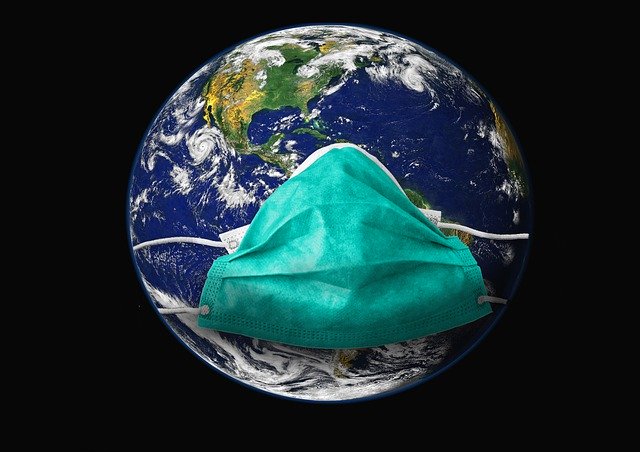Consider the following scenario: a highly infectious, sometimes deadly respiratory virus infects humans for the first time. It spreads rapidly worldwide, and the WHO declares a pandemic. The death toll starts to rise and everyone is asking the same question: when will the pandemic end? Alex Rosenthal details the three main strategies governments can use to contain and end a pandemic.
.
Watch:
Glossary
- death toll – the number of deaths resulting from a particular cause
- to proliferate – to increase in number, to multiply
- to contain – to restrain, control
- to be exposed – in a vulnerable situation (at risk); not protected from the weather
- to perish – to die, especially in a violent or sudden way
- immune – if you are immune to a particular disease, you cannot be affected by it
- herd immunity – the point at which a population is sufficiently immune to a disease to prevent its circulation
- to kick in – to come into effect
- to fizzle out – to gradually end, often in a disappointing or weak way
- vaccine – a substance containing a harmless form of the germs that cause a particular disease; it is given to people, usually by injection, to prevent them getting that disease.
- resurgence – a rising again into life, activity, or prominence
- to rewind – to go back to an earlier time
- to eradicate – to get rid of something completely or destroy something bad
- a quick fix – something that seems to be a fast and easy solution to a problem but is in fact not very good or will not last long:
- take heart – be confident, be brave
Answer the following questions:
What three options of dealing with a pandemic are discussed in the video? Which strategy is best?
What tactics can governments and communities around the world use to buy time to produce a vaccine?
When does herd community kick in?
What can make viruses much less dangerous?
Why won’t the legacy of the pandemic be all bad?
Practice Makes Perfect
Use the verbs in brackets in the correct form.
Several months ago a highly infectious, sometimes deadly respiratory virus (1) …………. (infect) humans for the first time. It then (2) ……….. (proliferate) faster than public health measures could contain it. Now the World Health Organization (WHO) (3) ………. (declare) a pandemic, meaning that it (4) …………. (spread) worldwide. The death toll (5) ……….. (start) to rise and everyone (6) ……….. (ask) the same question: when (7) ……. the pandemic ..….. (end)?
The WHO (8) ……… likely …….. (declare) the pandemic over once the infection (9) ……… (be) mostly contained and rates of transmission (10) ………. (drop) significantly throughout the world. But exactly when that (11) ………. (happen) (12) ……….. (depend) on what global governments (13) …………. (choose) to do next.
ANSWERS: 1.infected; 2.proliferated; 3. has declared; 4. is spreading; 5. is starting; 6. is asking; 7. will … end; 8. will … declare; 9. is; 10. drop; 11. happens; 12. depends; 13. choose
Discuss:
What do you think when you read or see news reports on the spread of Coronavirus?
How has your life been affected by the pandemic?
What did you miss the most during lockdown?
How soon do you think scientists will find a cure for Covid-19?
Do you think scientists will one day wipe out / eradicate all diseases?
Do you think vaccinations are 100% safe?
What diseases do you worry about getting in your old age?
* Are you immune to criticism?
* Do you believe in quick-fix solutions?
* Have you ever been exposed to extreme heat or extreme cold?
Explore it more to create your own teaching-learning experience!
5 things that Covid-19 has changed forever. While many companies have found a rhythm during the global pandemic, most are still struggling. It’s crucial to be able to predict which workplace transformations are here to stay.
Read:
https://www.inc.com/marc-emmer/5-things-that-covid-19-has-changed-forever
(1283)





